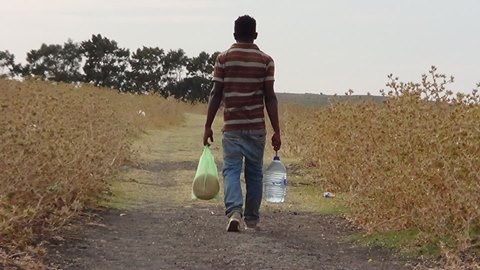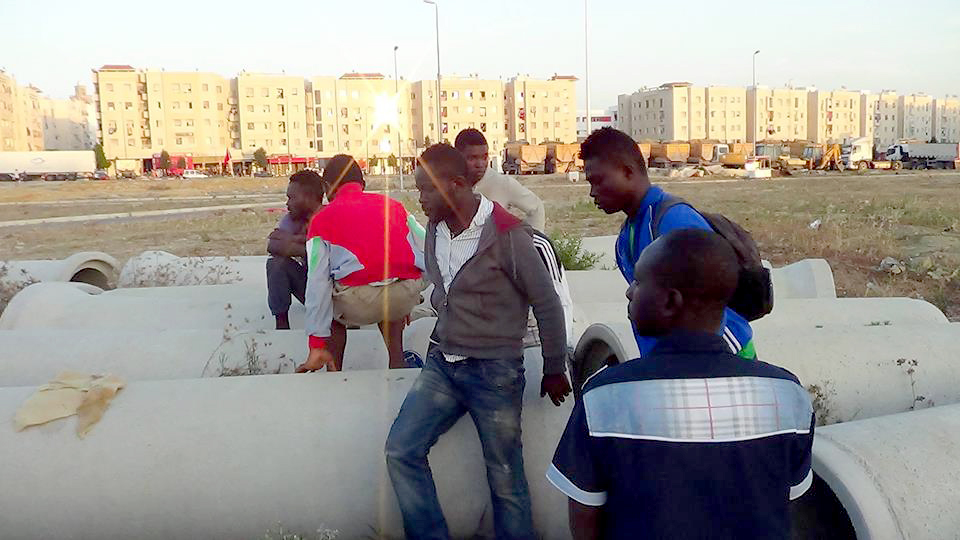How difficult is it to feel safe when fundamentalism is on the rise so close to home? Pretty easy, actually.
In late March, a man entered an Internet cafe, allegedly to view "jihadist" websites. The cafe owner's son asked the man to leave, prompting the man to detonate a bomb he had hidden under his clothing. The perpetrator, Abdelfattah Raydi, died and a few others were injured.
Then, on Tuesday, April 10, police approached an apartment in Casablanca's impoverished Hay Farah district. One man, Mohamed Rachidi, fled to the roof and detonated a bomb inside his shirt. Another man inside the apartment started to detonate his own bomb, but a policeman shot him first. He was identified as Mohamed Mentala. A third man, later identified as Ayyoub Raydi, the brother of Abdelfattah Raydi, detonated a bomb as well, killing himself and a police officer and wounding several, including a seven-year-old boy.
Over the past two days, news sources and experts have speculated whether or not the bombings were related to those in Algiers, or if the Moroccan perpetrators were linked, perhaps with Al-Qaeda. Enough speculation to scare my friends back home anyway.
Meanwhile, tourist boards are teeming with questions about the safety of Morocco. "Are Moroccans targeting Americans?" "Is it safe to visit Marrakech?"
I certainly can't say for sure, but in the two years I've lived in this country, I have never once been the target of any anti-American sentiment whatsoever. Nor have I been a target for anything else, except a bit of obnoxious sexual harrassment (which I am not playing down, of course, but compared to actual danger, a few whistles or catcalls seems extremely minor, even to my sensitive American psyche).
Look, the point is, Moroccans are not against America. Perhaps it's government (but I can count on one hand my American friends who aren't against the government!), sure, but America or Americans? Moroccans line up at Internet cafes every autumn to fill out Diversity Lottery visa applications. They watch American movies and American TV, listen to American music. That is not to say that there isn't some trepidation when it comes to American behaviors, but on the whole, this is not an anti-Western society. This is a country whose border is only eight miles from Europe — a country which has had so much French, Portuguese, Spanish, and Roman influence over the centuries that, aside from its religion, is more Western than Eastern.
So although I can't say I'll be visiting the slums of Casablanca anytime soon, I certainly feel safe and right at home for now.
Jillian York
Dear Reader,
In The Fray is a nonprofit staffed by volunteers. If you liked this piece, could you
please donate $10? If you want to help, you can also:


